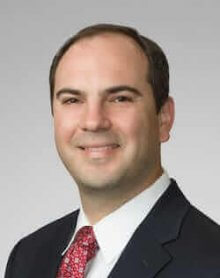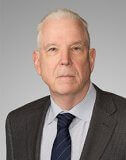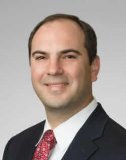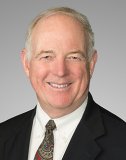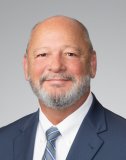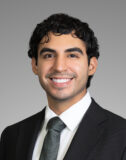A bankruptcy case under chapter 11 is different from all other chapters of the Bankruptcy Code in that it permits the United States Trustee (“UST”) to appoint an official committee of unsecured creditors (“Creditors’ Committee”). The purpose of a Creditors’ Committee is to represent the overall interests of all unsecured creditors. The Creditors’ Committee does not represent the interests of its members or individual unsecured creditors.
When a chapter 11 case is filed, the UST sends solicitation materials to unsecured creditors to gauge interest in the formation of a Creditors’ Committee. Depending on the number of responses from unsecured creditors desiring a formation of a Creditors’ Committee, the UST will make a decision whether to appoint a Creditors’ Committee. A Creditors’ Committee usually consists of at least three members and can include up to seven members holding the largest unsecured claims.
A Creditors’ Committee owes duties to its constituents, the unsecured creditors, and holds powers to influence the course of the chapter 11 case. A Creditors’ Committee consults directly with the debtor’s counsel on issues relating to the administration of the case. Another important role of the Creditors’ Committee is to investigate the pre-petition actions and conduct of the debtor’s management, the pre-petition transfer of any assets, and the debtor’s pre-petition financial condition. The Creditors’ Committee has a strong hand in drafting the disclosure statement and plan of reorganization. Additionally, a Creditors’ Committee can be instrumental in appointing a trustee or examiner to oversee the chapter 11 case.
Importantly, a Creditors’ Committee attorneys’ fees are paid by the debtor’s estate. This means that the individual committee members and constituents are not personally responsible for the payment of attorneys’ fees and other professional fees. These are treated as administrative fees and paid either through a budget or at confirmation of the chapter 11 plan.


